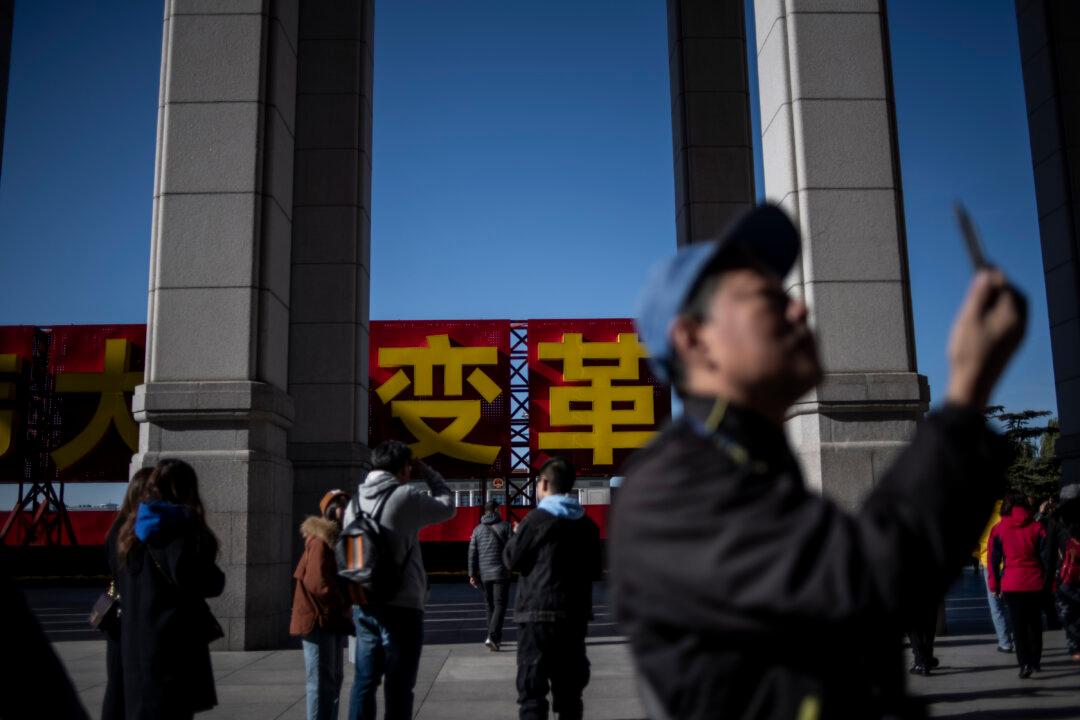As 2018 drew to a close, more than 100 academics and commentators in China shared their candid reflections on the 40 years since the country’s economic reforms, in an article posted on social media. However, the post was met with swift censorship by the communist regime.
In one- to two-sentence statements, intellectuals and public figures gave their assessment of China’s progress since its economic policies were “opened up” in 1978, and shared their views on the meaning of true reform. Their statements were published on Dec. 29 in an article titled “One Hundred Chinese Public Intellectuals Issue Reflections on the 40th Anniversary of Reform and Opening Up.”





